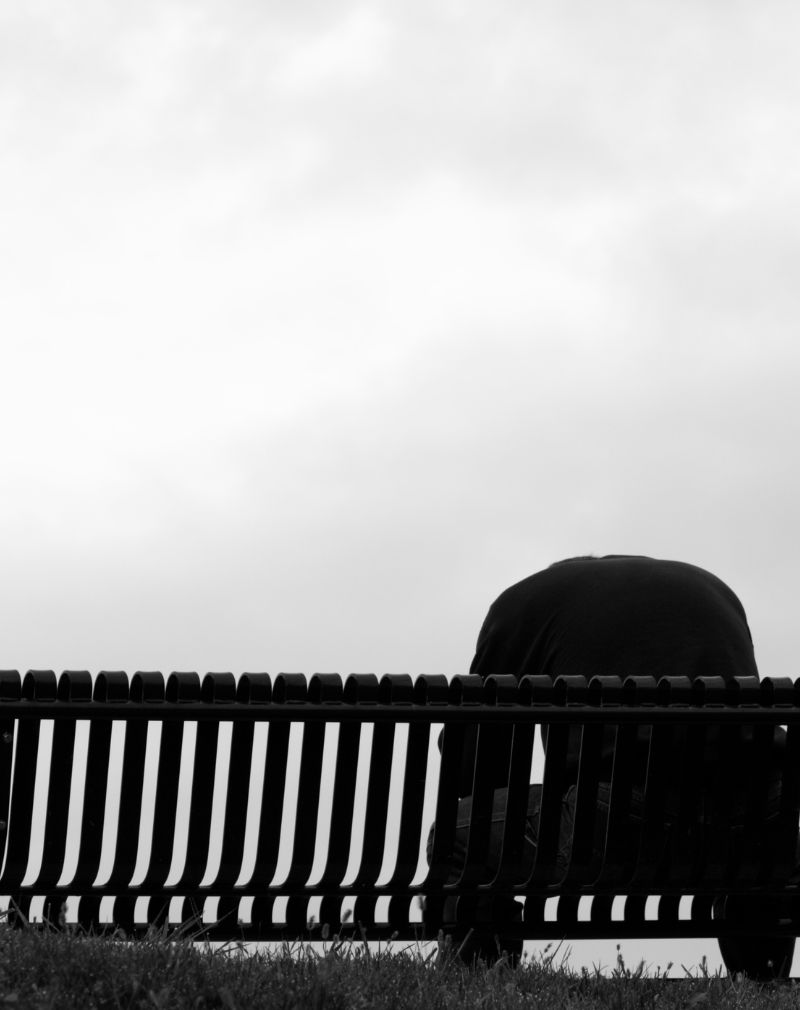You can survive a trauma and still not feel safe.
It doesn’t show up in the blood. It doesn’t leave a scar. But it lingers. It clings to the way you see people. The way you sleep. The way you flinch when someone gets too close.
This is what trauma does: it breaks trust. Not loudly. Quietly. Slowly. Until one day, you realise you don’t trust your own instincts anymore.
And healing? It doesn’t start with insight. It starts with safety. With consistency. With someone who won’t look away when your pain gets ugly.
At The American Wellness Center in Dubai Healthcare City, our Psychology Team works with trauma survivors from every corner of the world. Some left war. Some left silence. Some just needed to leave.
They all carry one thing in common: the need for trust to be earned, not assumed.
Because trust isn’t a step in recovery. It’s the ground everything stands on.
How Trauma Shatters Trust
Trust doesn’t just vanish overnight. It erodes. One moment, you’re leaning on someone. The next, you’re scanning the room for exits.
When you’ve lived through trauma, nothing feels safe. Not the people. Not the places. Not even your own body.
You question what’s real. You second-guess your reactions. You start to doubt yourself in silence.
This is what the aftermath often looks like:
- You stop sleeping through the night
Not because of noise, but because safety is a foreign concept. - You say “I’m fine” even when you’re unraveling
Vulnerability feels dangerous, even with people who care. - You feel like the world is watching, always
Hypervigilance becomes your default setting, not a choice.
For many expats in Dubai, this is even harder. Home is far. Familiar faces are out of reach. The isolation runs deeper than geography.
At The American Wellness Center in Dubai Healthcare City, we’ve seen it first-hand. Survivors who laugh at lunch meetings, then cry alone in parking lots. People who keep going, but haven’t felt safe in years.
Because trauma doesn’t only take what happened. It takes the future you thought you could trust.
Rebuilding Trust: The Core of Therapy
Before healing begins, trust must be rebuilt. Not through grand gestures. Through presence. Through consistency. Through someone who shows up and keeps showing up.
This is what therapy offers—not solutions, but safety.
At The American Wellness Center in Dubai Healthcare City, our psychologists know that trauma rewrites the nervous system. So we don’t rush. We don’t prod. We listen. We pace. We wait for trust to come naturally.
Here’s how trust gets rebuilt in therapy:
- Psychological safety is the first intervention
You can’t go deep until you feel held, not watched. - Therapists don’t lead, they walk beside
The pace is yours. The control is yours. That’s what respect looks like. - The therapeutic alliance is everything
It’s not about credentials. It’s about how your therapist sees you. And how you start to see yourself through their steadiness.
Trust is fragile. But it’s not gone. It just needs the right conditions to return.
What Healing Looks Like in Practice
Healing doesn’t always look dramatic. Sometimes, it’s just someone sitting down. Finally breathing. Finally speaking.
At The American Wellness Center in Dubai Healthcare City, we offer more than therapy—we offer care built around your pace, your culture, your comfort.
Here’s what healing might look like:
- Trauma-Focused CBT
It doesn’t erase what happened. It helps you name it, face it, and slowly shift the power it holds over you. - EMDR (Eye Movement Desensitization and Reprocessing)
Gentle, precise, and often life-changing. You don’t have to retell the story. Your brain just needs help filing it where it belongs. - Narrative Therapy
You get to write the next chapter. Not the trauma. Not the fear. You.
Healing also looks like this:
- Showing up to every Tuesday session, even when your chest is heavy.
- Texting “yes” to a group therapy invite, even though your hands shake.
- Saying, “I didn’t want to come today, but I’m here.”
These are not small wins. These are turning points. And we see them every day, in people just like you.
The Role of Routine, Relationships, and Reflection
Trust doesn’t grow in chaos. It grows in rhythm.
When trauma has wrecked your sense of control, the smallest consistencies become anchors.
Here’s what that might look like:
- Routines that don’t overwhelm
Wake up, make the bed, drink water. Start there. That’s a ritual of reclaiming. - People who feel safe, not just familiar
Choose those who listen without trying to fix you. Who sit with you in silence, not discomfort. - Reflection, not rumination
A journal. A voice note. A prayer whispered before sleep. These are not small things. These are the roots of self-trust growing back.
At AWC, we remind our clients: you don’t rebuild trust in a breakthrough. You rebuild it in hundreds of quiet choices.
When You’re Ready to Start Again
Maybe you’ve been carrying it for too long.
The fear. The silence. The sense that no one gets it.
But here’s the truth: you don’t have to carry it alone. And you don’t have to tell the whole story on day one.
At The American Wellness Center in Dubai Healthcare City, our psychologists understand trauma. They’ve walked beside people who thought trust was gone for good.
You’re not too broken. You’re not too late. You’re just waiting for a space that feels safe enough to begin again.
Let this be it.
Call. Write. Walk in if that’s easier.
Because trust doesn’t start with words. It starts with someone showing up—and staying.
We’re here.



